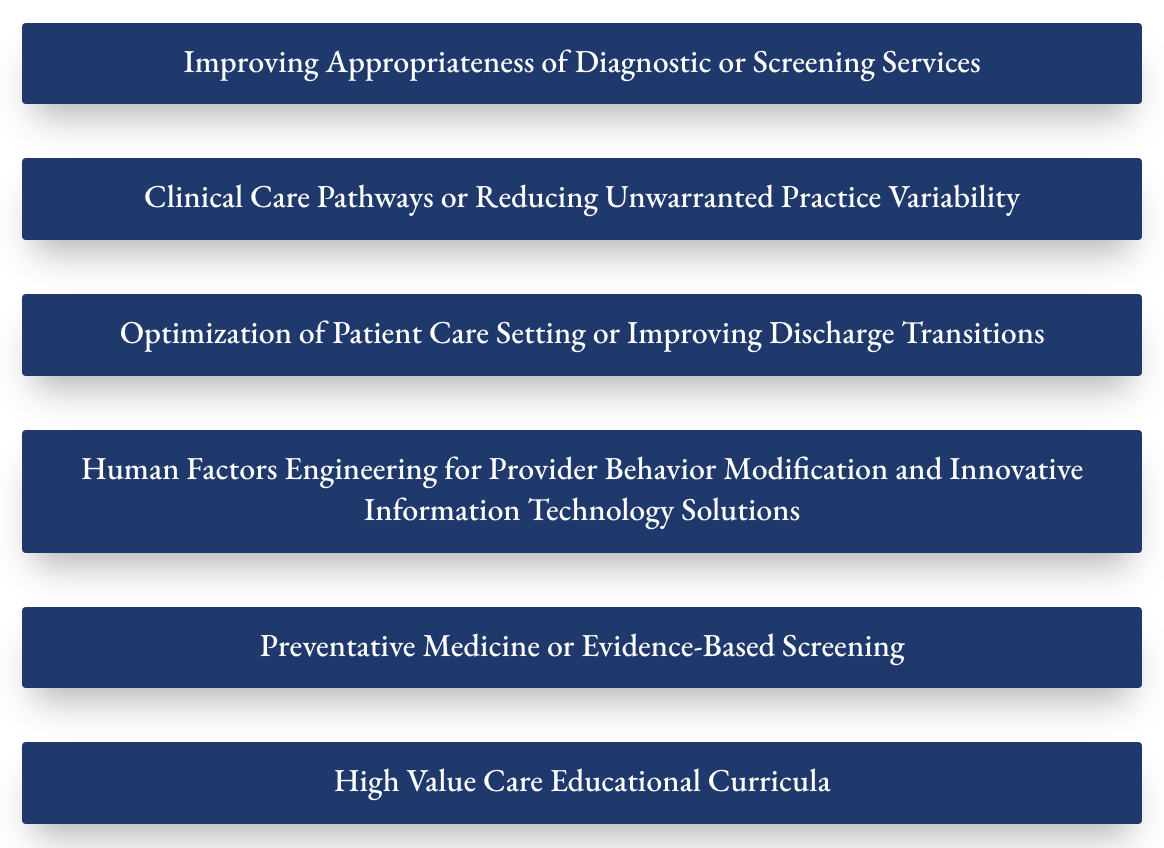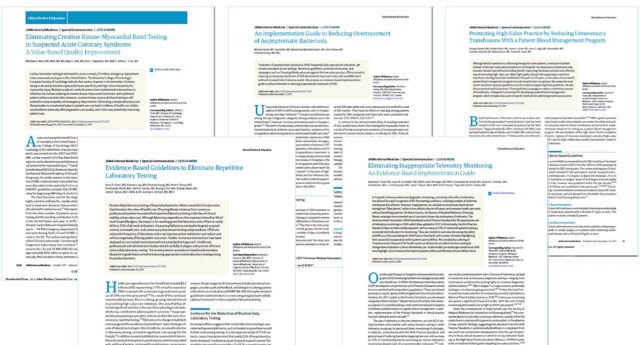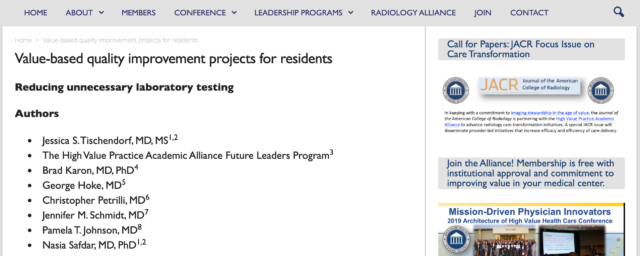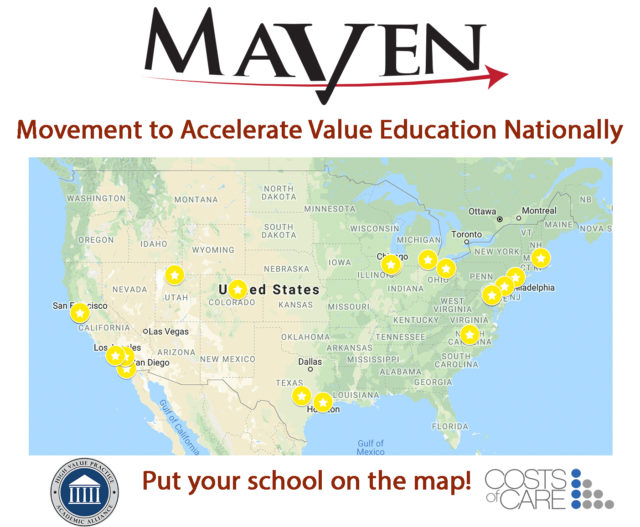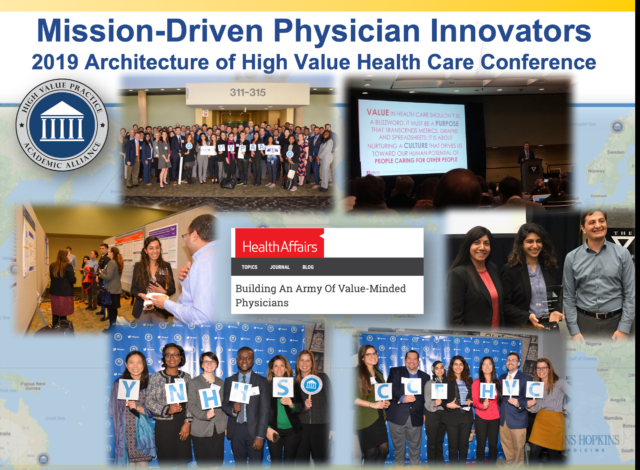From the 2018 HVPAA National Conference
Chris Moriates (Dell Medical School at The University of Texas, Austin), Victoria Valencia (Dell Medical School at The University of Texas, Austin)
Background
Physician behaviors and practices are heavily shaped by training experiences and environment. Yet, Choosing Wisely campaigns have not generally engaged medical students, and many medical schools do not have content related to health care value integrated into their curricula.
Objectives
The Choosing Wisely STARS program aims to prepare and support medical students to lead change within their own medical schools based on the concepts of Choosing Wisely and health care value.
Methods
Similar to the STARS student-engagement model first introduced in Canada in 2015, we recruited 25 medical schools across the US with regional diversity and variable class sizes and curricular models.
Each school identified a local faculty mentor and a dean-level supporter, and selected two first-year medical students to participate in the program. The 50 medical students attended a STARS leadership summit, where they learned about Choosing Wisely, health care value, and student leadership. The summit included interactive sessions that encouraged students to identify and develop the most promising ideas for introducing these concepts into their own medical school training.
Following the summit, the students and their local faculty mentors joined an established learning community to share stories of success, challenges, and additional resources that they may adapt locally. The goal is for these students to launch their own local programs and Choosing Wisely initiatives, supported by the community.
We conducted an anonymous pre- and post-summit survey that assessed Choosing Wisely awareness, health care value concepts, and satisfaction with the content of the summit on a 7-point Likert scale. We used Chi-squared tests to compare pre- and post-survey responses.
Results
The 25 selected medical schools achieved our pre-specified goal of diversity across regions, public/private, curricular models, sizes, and US News and World Report ranking tiers.
STARS students completing the post-survey (N=46, 92% response rate) indicated strong agreement (median score=7, strongly agree) that: the summit was a valuable experience; they learned about a Choosing Wisely program they could implement; they felt more prepared to lead discussions about Choosing Wisely at their school; and they learned about leadership and advocacy concepts that they can apply (Figure 1). Students also displayed significant changes in knowledge about Choosing Wisely (p<0.02) (Table 1).
At the summit, students all made commitments to change. Students plan to: implement specific curricular changes; launch Choosing Wisely interest groups; create campaigns or other awareness-building activities; and develop value-improvement projects.
Conclusion
The STARS program empowers medical students to act as change agents to reduce overuse. The leadership summit resulted in high satisfaction for all participants, and students gained knowledge about Choosing Wisely and general leadership and advocacy skills. Our evaluation plan will assess whether it also results in measurable differences throughout the entire class related to value-based health care attitudes and experiences.
Implications for the Patient
The STARS program is a unique model for engaging and supporting medical students in a nationwide collaboration to promote cultural change at their own medical schools, potentially impacting the behavior of physicians for years to come.
